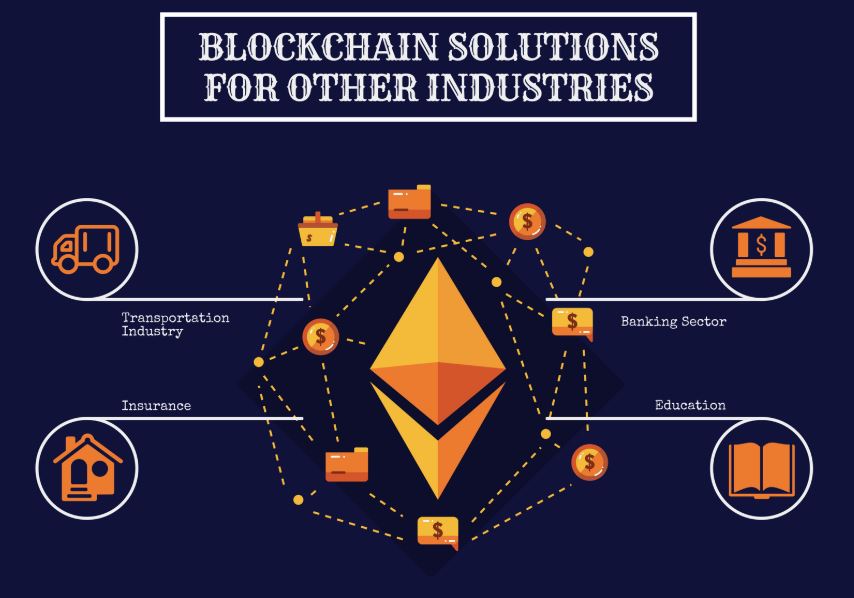
Cryptocurrencies have become a mode of transaction for many businesses and individuals worldwide; their security needs have also increased. Essentially, the blockchain is a digital ledger that records and secures these digital currencies. Based on present and past sources, a blockchain is a shared database of verified entries. All participants agree upon an encrypted logical relationship between each entry and its deciding factors. Besides bitcoin and crypto, blockchain has applications in a wide range of industries.
Financial Sector
International Payments: Blockchain helps maintain a record of transactions that is tamper-proof and reduces intermediaries involved. Reducing the need for manual tasks helps banks save money and time.
Fraud Prevention: Through thorough verification of client details (KYC) as well as their transactions, banks can effectively reduce hoarding and credit card fraud. Verified records also help prevent insurance fraud by preventing people from claiming compensation for the same accident multiple times.
Compliance and Audits: They can eliminate the need for auditors by keeping audit records error-free. Since the encryption prevents even the owners from editing the records, security is also maintained.
Healthcare Sector
Blockchain reduces unnecessary spending and maintains better patient records. Hospitals can use this technology to a large extent to keep track of medications, medical history, treatments as well as the cost involved. Countries like Estonia have already made ledgers for 95% of prescription and healthcare billing 99% digital.
Government Sector
Several countries have used blockchain to establish safe digital identities for daily use and verification. By combining private and public data with encryption, activities can be monitored and kept discreet. Voting is more secure and fraud is minimized when every vote can be traced to a living individual. Registrations are also more error-free and manual tasks are reduced.
There are still ways to implement blockchain technology in business, despite it only being around for a dozen years. Due to the ever-increasing amount of digital data collected in our daily lives, blockchain technology provides data security, access, transparency, and integrity.







